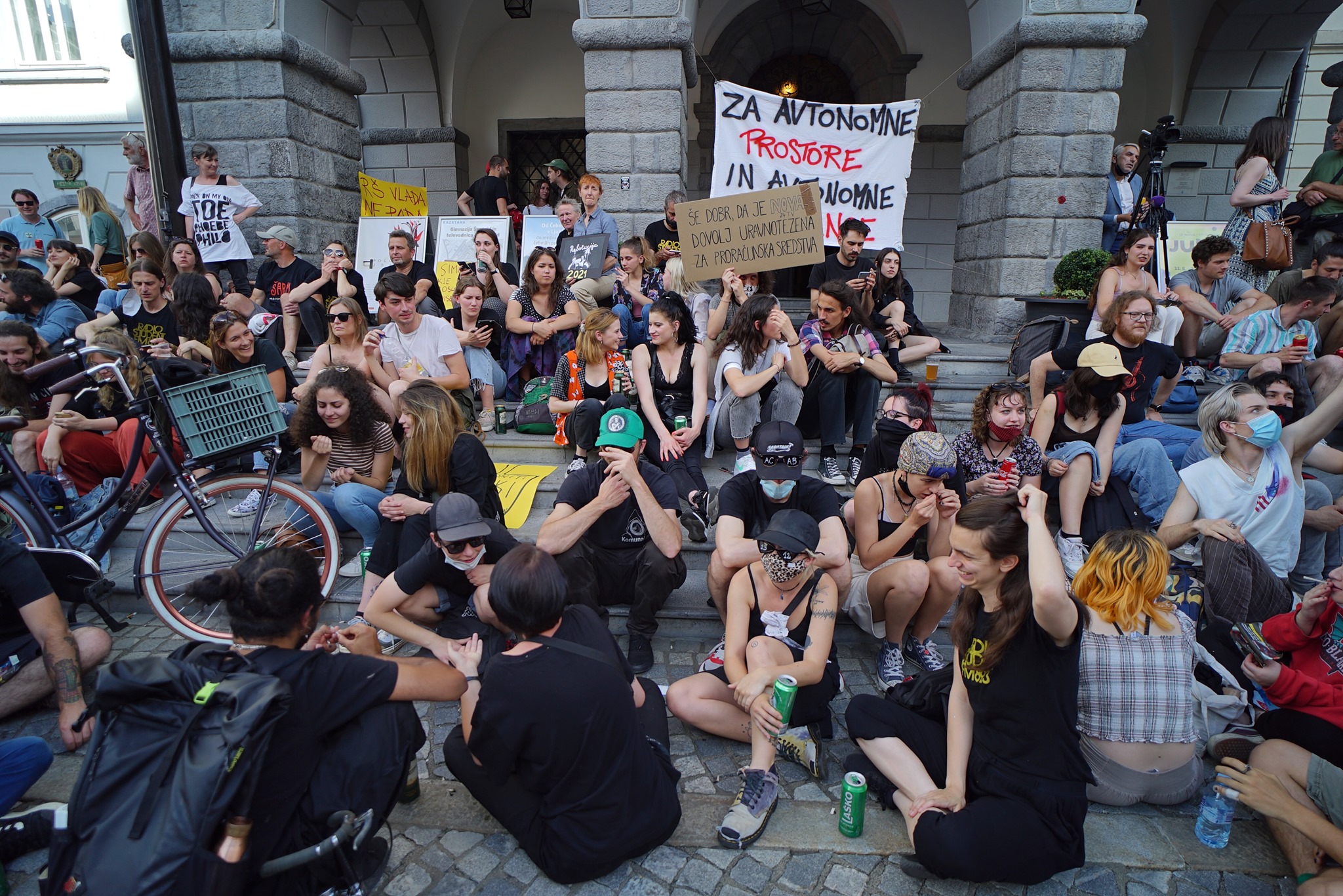
Paper trail of dangerous self-aggrandizing
Menacing echoes of Slovenian non-paper on the future of the Balkan region linger.
In May this year, after the media frenzy started, Janša claimed that since it was a ‘non-paper’ it does not exist.
Slovenia's official foreign policy position is that the country supports the further integration of the region into the EU.
Janša government actions, non-paper, and increasingly xenophobic and hateful undertone by some officials, are rising concerns.
“The current government has made its position clear and workers are embittered, they feel betrayed."
Goran Lukić, head of the Workers's Office.
Kristina Božič
Kristina Božič is a journalist from Slovenia.
This story was originally written in English.